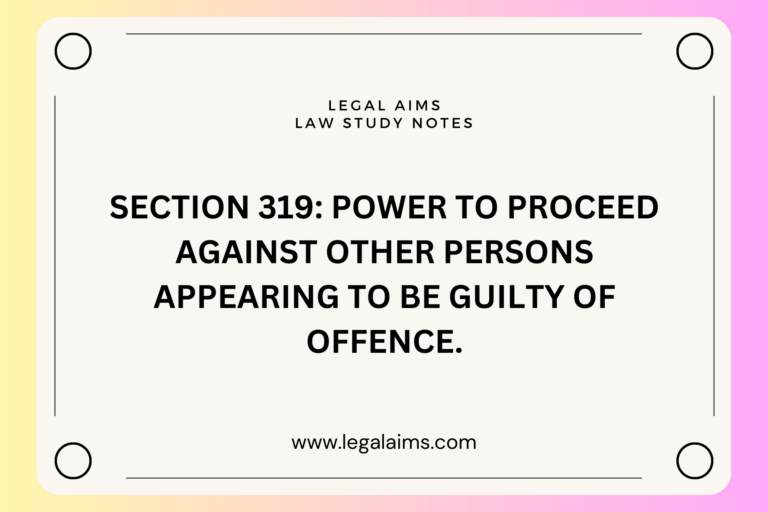Historical School of Jurisprudence
Historical School of Jurisprudence:
The historical school of jurisprudence attempts to examine the manner, circumstances, and factors responsible for the growth of law and interprets and exposes the social situation and forces that have produced such a peculiar law that originated and developed within a community.
The historical school of jurisprudence is the bridge between the analytical and the sociological school because the state regulates the customs of society.
The historical school of jurisprudence is to deal with the general principle governing the origin, development, and influence of law.
The main exponents of this school are SAVIGNY, PUCHTA, HENRY MAINE.
FRIEDRICH KARL VON SAVIGNY (1779-1861):
- Father of the Historical school of jurisprudence.
- Work – Historical of roman law in the middle ages
- System of modern roman law.
Work on the law of possession (DAS RECHT DES BESTIGES-1803)
ALLEN described SAVIGNY as “Darwinian before Darwin” for his contribution to applying the evolutionary principle to the development of the legal system.
SAVIGNY theory of VOLKSGEIST:
According to SAVIGNY law is a product of the general consciousness of the people and a manifestation of their spirit.
According to him if a law is made without considering customs, tradition, beliefs, or in other words, History, then it is more confusing because the law is not an artificial lifeless mechanical device.to him, law grows with the growth and strengthens with the strong people and dies away as the nation loses its nationality.
Law is not universal in nature but like language, it varies with people, time, and needs of the community.
SAVIGNY’S contribution to the development of historical school:
Law develops like language: Law has a national character and it develops like language and binds people into one whole.
Early development of law is spontaneous, thereafter jurists develop it: law develops spontaneously according to the internal needs of the society.
SAVIGNY as opposed to the codification of laws. He considered lawyers and jurists as the true representatives of the popular consciousness rather than the legislators whose role is limited to lawmaking.
Law is a continuous and unbreakable process bound by common cultural traditions and beliefs. Admiration for Roman law.
CRITICISM :
- He ignored codification.
- No importance to legal reforms.
- All customs cannot be based on a common conscious.
- Overlook the impact of other sources of law.
GEORGE PUCHTA (1798-1856):
- A disciple of SAVIGNY.
- According to him neither the state nor the people alone are the sources of law but the law came into existence as a result of conflict between general and individual will.
SIR HENRY MAINE (1882-1888):
- Founder of a historical-comparative school of jurisprudence.
- Classic work Ancient law (1861).





